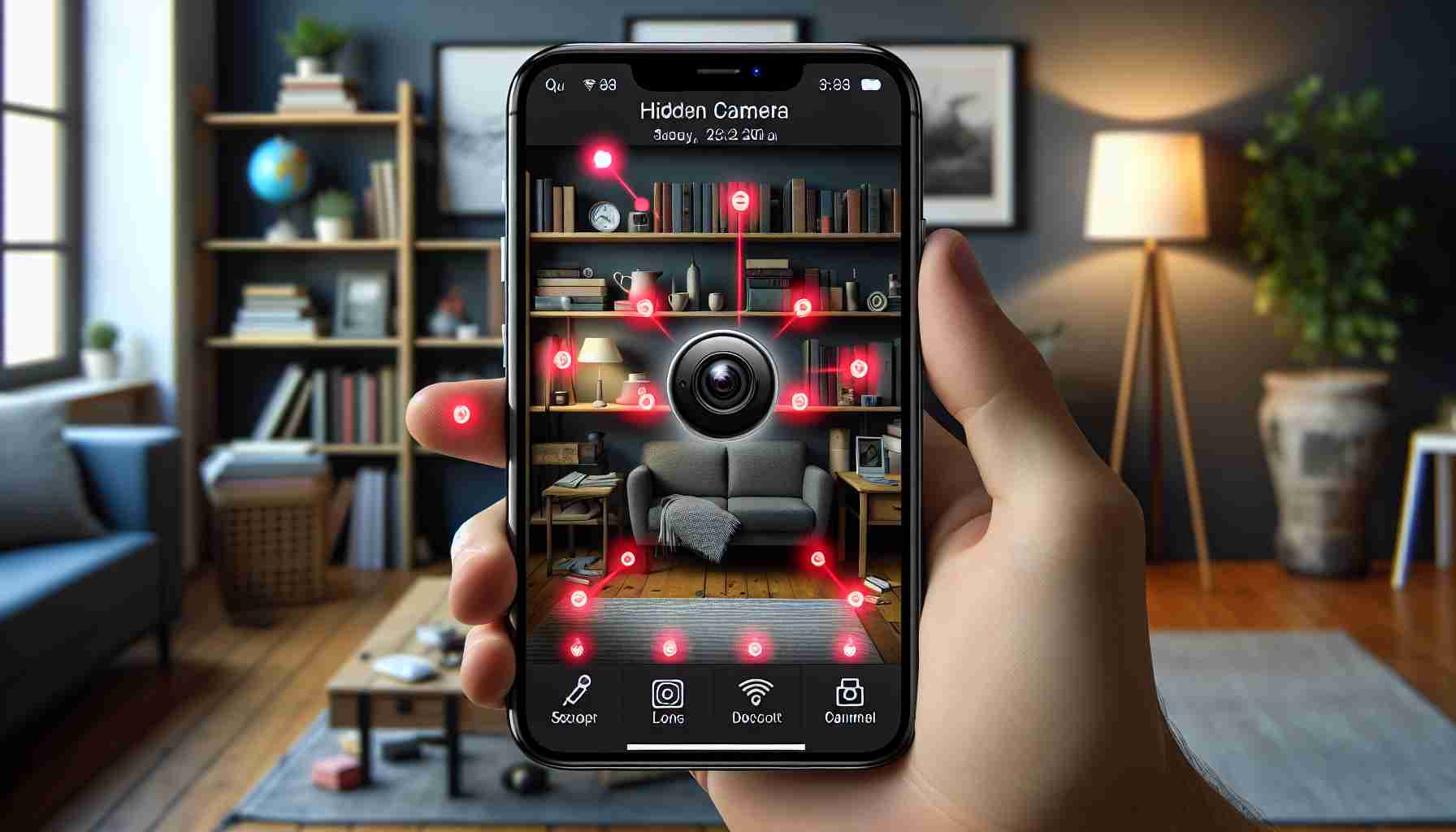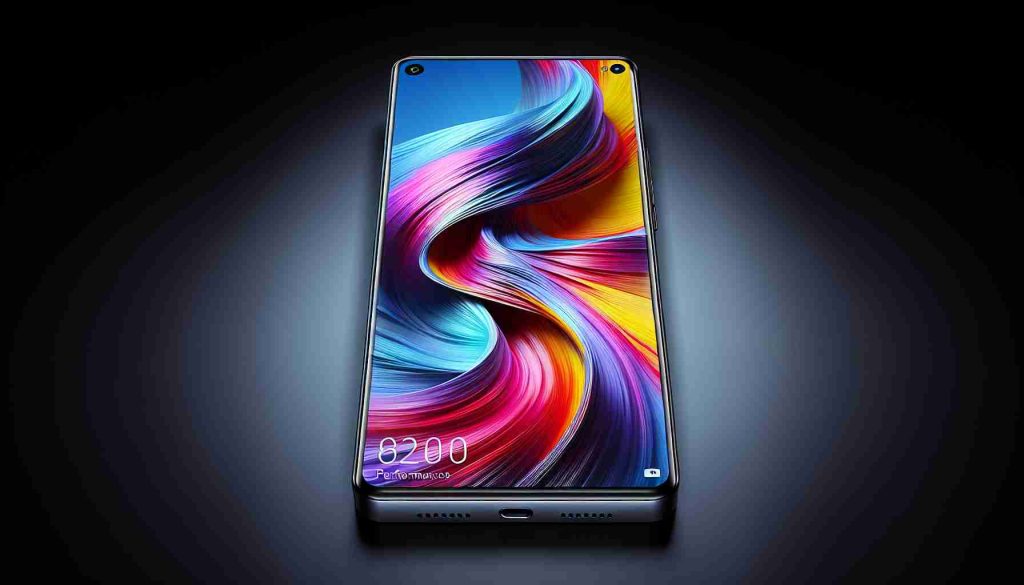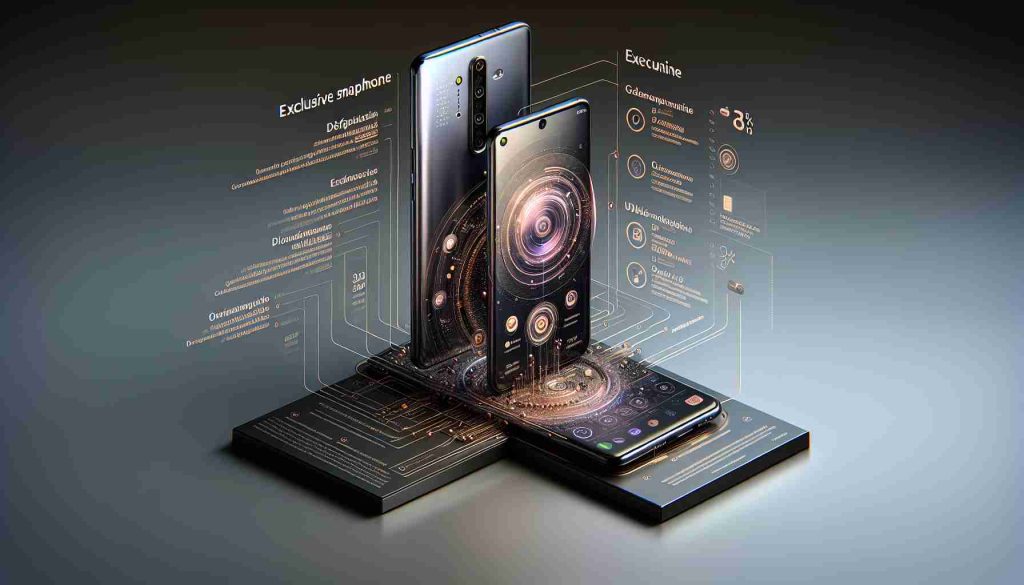Recently, the topic of identifying hidden cameras in hotels has gained significant attention, sparked by a social media incident where a blogger encountered multiple individuals while trying to locate such devices in Shijiazhuang. Claims emerged from a security professional suggesting that the popular method of using smartphone cameras to spot reflective red dots is flawed.
Experts consulted by reporters elaborated on the shortcomings of this detection method. They explained that while utilizing smartphone cameras can reveal certain infrared illuminators emitted by cameras, various situations may lead to missing hidden devices altogether. For instance, it is essential to recognize that not all hidden cameras employ infrared light, making them difficult to detect simply with a smartphone.
Furthermore, a seasoned consumer electronics expert noted that Apple devices might perform better than Androids in these situations due to integrated infrared features. However, relying solely on smartphone cameras poses risks, particularly in larger rooms where reflections can easily go unnoticed.
For consumers concerned about their privacy, alternatives are available, such as portable detection devices which, while limited, enhance security measures. A top recommendation includes thermal imaging technology, albeit at a higher cost and bulkier size. Ultimately, experts emphasize that hotels should play a crucial role in ensuring guest privacy by employing effective detection methods and technologies, effectively making privacy protection a shared responsibility rather than solely that of the consumer.
Essential Tips and Life Hacks for Ensuring Privacy in Hotels
In today’s world, where privacy concerns are at an all-time high, especially when traveling, it’s essential to be aware of how to protect yourself from hidden cameras in hotels. Here are some practical tips, life hacks, and interesting facts to keep you informed and secure during your stays away from home.
1. Use Your Smartphone Wisely
While smartphone cameras can help identify infrared lights emitted by cameras, remember that they might not catch everything. To maximize effectiveness, consider using your phone’s flashlight to illuminate suspicious areas. This can sometimes reveal hidden reflective lenses that could be missed in low light.
2. Invest in a Hidden Camera Detector
If you’re frequently concerned about hidden cameras, purchasing a portable detection device may provide peace of mind. These gadgets can help you scan rooms quickly and are more sensitive than smartphone cameras. Depending on your budget, thermal imaging detectors can offer advanced capabilities, although they may be bulkier and more expensive.
3. Check for Unusual Objects
Always be observant when entering hotel rooms. Look for items that seem out of the ordinary, such as smoke detectors or alarm clocks that appear newer or have unusual features. These can sometimes house cameras.
4. Utilize Privacy Tools
Consider using webcam covers or privacy stickers on electronic devices you bring, such as laptops and tablets. This simple action can greatly reduce the chance of unwanted surveillance and protect your information.
5. Be Cautious with Wi-Fi Connections
Hidden cameras can also be linked to hotel Wi-Fi networks. Avoid connecting to unsecured networks, which may expose your personal data. Always use a VPN when accessing sensitive information over public Wi-Fi.
6. Understand Hotel Policies
Before booking your stay, research the hotel’s privacy policies. Many reputable hotels have stringent protocols in place to protect guests from invasion of privacy, and being informed will help you choose a trusted accommodation.
7. Report Suspicious Behavior
If you encounter anything that raises your concerns, report it immediately to hotel management. They are responsible for ensuring guest privacy and should take your claims seriously.
8. Share Your Awareness
Talk to fellow travelers about your privacy concerns. This raises awareness and can foster a culture of vigilance among guests, encouraging hotels to prioritize privacy practices.
Interesting Fact: Did you know that the first documented use of a spy camera dates back to 1898? The device, referred to as a “pinhole camera,” was used in social reform movements to expose corruption and malpractice.
By employing these tips and staying informed, you can enjoy your travels with greater confidence in your privacy. For more insights on securing your personal information and protecting your privacy, visit Privacy.org.






















